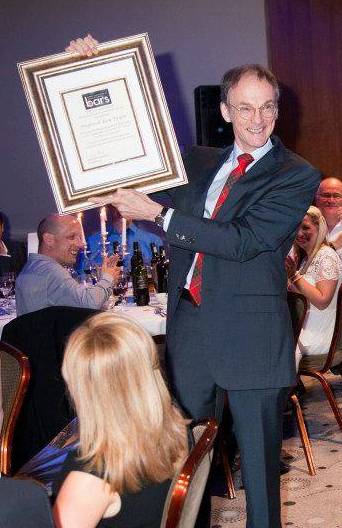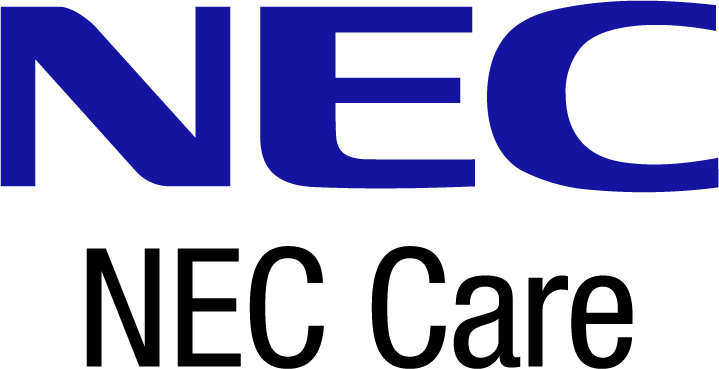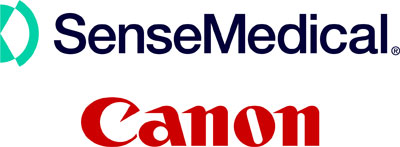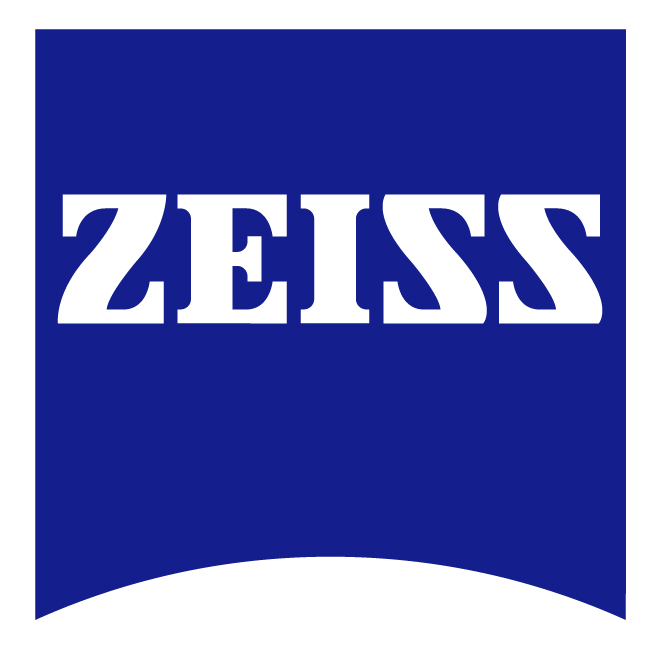MENU
History of BARS - BARS
The History of BARS
 |
2001 - 2017
The British Association of Retinal Screeners (BARS), as the association was originally known, was born in 2001, thanks largely to the efforts of Professor Roy Taylor and Lillian Lovelock, from the Newcastle-upon-Tyne diabetic retinopathy screening programme. The national Diabetic Eye Screening Programme that we know today had not yet been established, and the Newcastle service was one of only a handful of programmes in the UK which had been set up with the aim of preventing sight loss amongst people with diabetes. In addition to screening local people, Roy and Lillian had begun to organise training workshops to help others do the same, and decided to formalise this arrangement by creating an association to represent the new profession of retinal screening.
Until this time, retinal (or fundus) photography had been the preserve of medical photography departments, carried out by highly-skilled staff with specialist training, using systems dependent on slide or Polaroid film. The high cost and technical difficulties of this process made it unsuitable for screening large numbers of patients, and although digital photography was being developed, it was still in its infancy, and the cameras lacked the resolution required to identify some of the finer and potentially crucial details of diabetic retinopathy.
As one of the pioneers of diabetic eye screening, Professor Roy Taylor founded BARS together with Lillian Lovelock to promote and support this important new area of healthcare, and in 2001, they organised the first BARS conference for those working in the field. Since that day, the association has continued to hold an annual conference at varying locations across the country, providing teaching sessions and interactive training that has allowed staff involved in all stages of the diabetic eye screening process to network and share good practice.
As a fledgling profession with a limited workforce, attendance at the first few BARS conferences was relatively small, but with the arrival of the English National Screening Programme for Diabetic Retinopathy in the mid 2000s, diabetic eye screening became formalised and new services were set up across the UK, taking advantage of the latest advances in digital fundus cameras to offer screening to everyone with diabetes aged 12 and above. BARS saw its membership grow rapidly and attendance at conferences increased dramatically, allowing the longer established screening programmes to share their knowledge and experience with newer providers. A national City & Guilds qualification was introduced for retinal screening staff, increasing the scope for BARS to provide relevant training, education and support.
In 2011, BARS changed its name to the British Association of Retinal Screening, a reflection of the fact that in its first decade, the association had grown to encompass staff involved in every stage of the diabetic eye screening pathway, and highlighting the important point that a successful programme requires much more than just screeners. As an association, BARS adopted the strap-line “Working to Support Professionals Involved in Retinal Screening for Diabetes”, and aims to provide that support not just to frontline screeners, but to administrators, managers and anyone involved in a screening programme.
The British Association of Retinal Screening is a non-profit-making organisation, and the council who run it are all volunteers who work within diabetic eye screening programmes, and give up their time free of charge to attend council meetings, conferences, national team meetings and training/tutorial sessions. Members of the council are elected to post by fellow BARS members, and come from all over the UK. Whilst the association does not have direct contact with patients, it aims to improve the quality of patient care by supporting and training screening professionals, and has undertaken projects to improve patient education and the uptake of screening, such as a short animated film explaining the process of eye screening for people with diabetes.
In recent times, BARS has been keen to deliver much more than just an annual conference for its members. The current financial climate has placed screening programmes under a great deal of pressure, with fewer resources available and an ever increasing patient cohort to manage, making the provision of a high quality screening service increasingly challenging. BARS has responded to this by working hard to provide high quality tutorial sessions at a minimal cost, with the aim of assisting programmes across the country to fulfill their training and education needs, and ensure that all staff achieve the national qualification in diabetic eye screening, making a significant contribution to the standard of care provided by screening staff.
BARS is now looking to expand this education by working with the software and hardware providers to supply cost-effective training sessions, ensuring that all screening programmes in the UK possess staff with a detailed knowledge of their equipment and software, allowing them to provide a better quality service to the patients.
The British Association of Retinal Screening has now been in existence for sixteen years. That period of time has seen the creation of the world's first national screening programme for diabetic retinopathy, right here in the UK, and BARS has been instrumental in supporting those working within it. Diabetic eye screening has changed considerably over the past decade, and the association strives to adapt to those changes, and provide education, training and support wherever it's needed, ensuring that patients with diabetes receive the highest possible care, and achieving our goal of reducing sight loss due to diabetic retinopathy.
BARS Council believes it is vital that the association represents all professionals in the field, regardless of personal circumstances, and for this reason, approval was sought from members in 2015 to change the association's constitution and abolish the membership fee. This change was duly ratified, and BARS now charges no annual fee for membership. To find out more about this change, and to join the association, visit the Membership page.
Company No: SC408268
Website created by Netsima Ltd.
Website designed by Vicki Prior
Website Mobile/tablet view designed by Barbra Hamill
Site Cookies
The BARS web site uses cookies. More information »
You can remove this notification by clicking here »
Company No: SC408268
Website created by Netsima Ltd.
Website designed by Vicki Prior
Website Mobile/tablet view designed by Barbra Hamill
Announcements »
About BARS »
BARS Council »
History of BARS »
Contacts »
Privacy & Cookies »
Membership
Joining BARS »
Dormant accounts »
Constitution & Bye-Laws »
Conferences
BARS Conferences »
Associated Conferences »
The BARS Chronicle
BARS Chronicle »
About the DEJ »
Diabetic Eye Journal »
BARS Council Elections
Council Positions Vacant »
Previous Elections »
Administration Management Meeting »
Education
BARS Administration Certificate »
HSD Learning Materials »
OCT Training »
Vacancies
Current Vacancies »
How to advertise a vacancy »
Videos
Eye Screening Videos »
Journal Articles/Papers
Journal Articles/Papers »
BARS Administration Certificate »
Screening Courses »
Image Galleries
Retinal Images »
R2 or Not? »
BARS conference Images »
Links & References
Musculoskeletal Health and Wellbeing Survey »
BARS Website Survey »
Related Links »
RSI Audit »
Book Review »
BARS Survey Article »
Sponsors
Corporate Sponsors »








